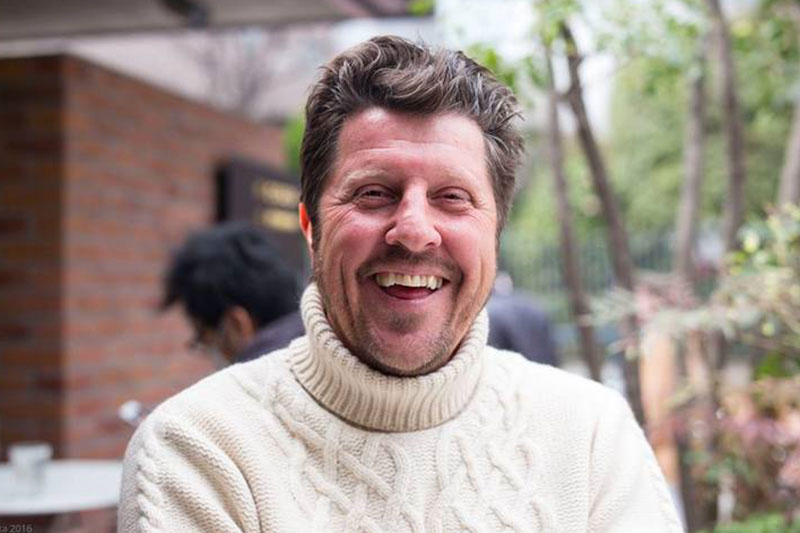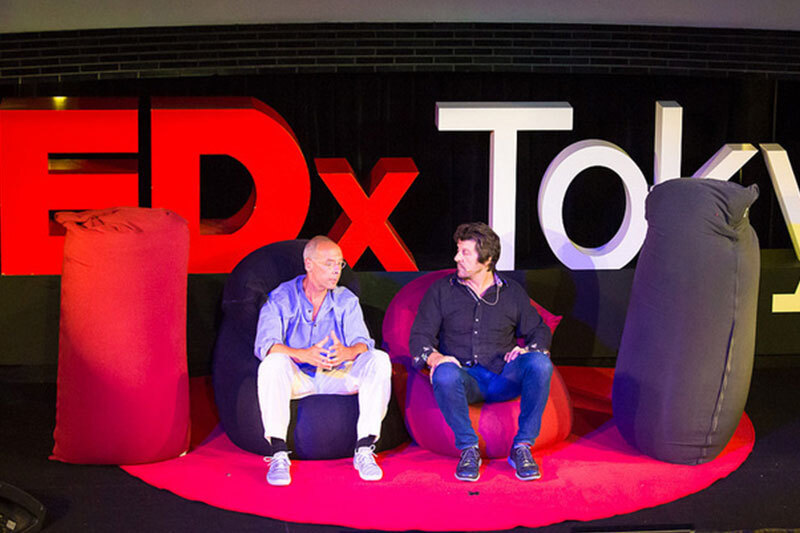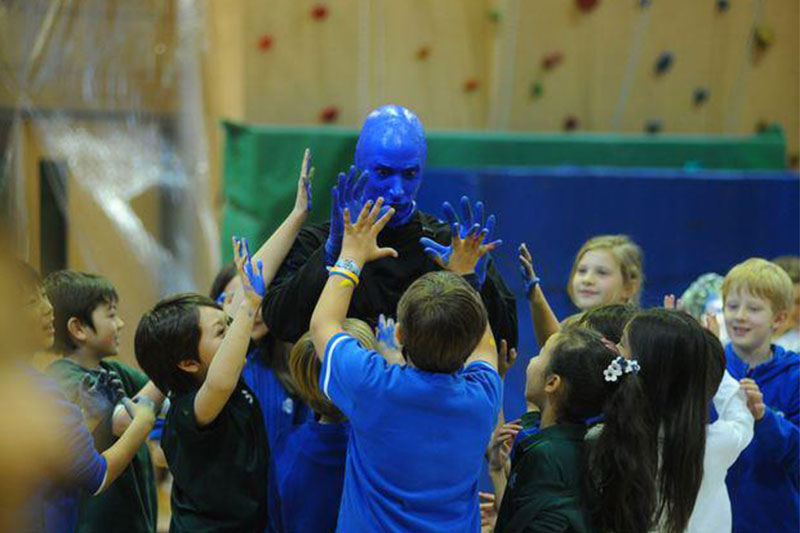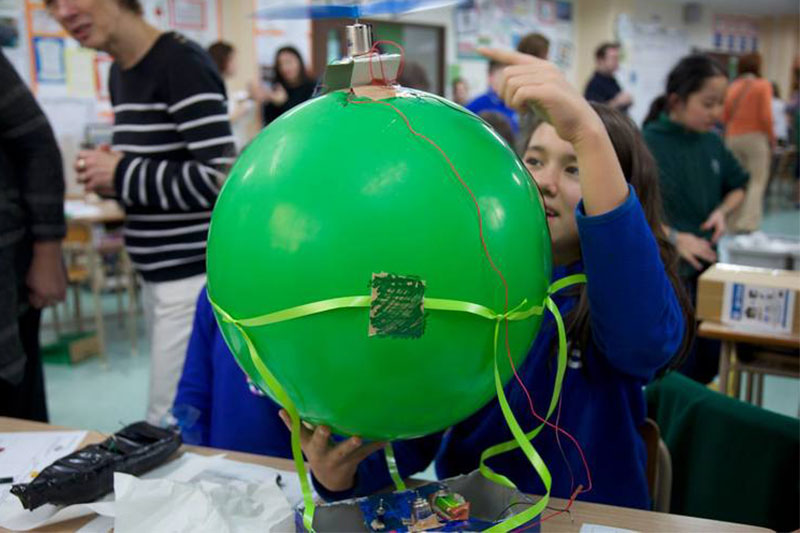Patrick Newell, the co-founder of TedxTokyo, led one of the first schools to adopt gamified learning programmes – and is a strong advocate of personalised learning. Here’s what he had to say.
The world is quickly evolving – and our education systems are failing to keep up with the times. Learning activist Patrick Newell co-founded Tokyo International School (TIS) in 1995 with the mission of remodelling how we learn. Since founding TIS (a school which, incidentally, became one of the first to adopt gamified learning programmes in the core curriculum), he’s achieved rather a lot, having authored Japanese innovation books 21st Century Skills to Nurture a Child’s Future and Strategies for Keeping Japan #1, as well as TED Power, a Japanese publication about the merit behind sharing ideas.
Practising what he preached, Patrick co-founded TedxTokyo in 2009 with the intention of kickstarting more educational talks in Asia, making it the first TEDx to take place outside of the United States. As a Professor of Science, Technology, Innovation, and the Future of Human Existence at Shizenkan University, Patrick sees enormous potential in the future of education – but only if institutions make the necessary shifts towards gamification and personalised learning, with the help of artificial intelligence (AI). Here, he sheds light on the flaws of our current education systems and what needs to be done to adequately prepare children for the future.

Can you tell us about your move to Japan? What was the catalyst behind that decision?
Back in the early ‘90s, Tokyo was by far the city to live in Asia. Not only was it the most modern city, but it has an amazing history, too. We get all the things here that I really wanted from California and, at the same time, we get the amazing culture of Japan, all in one place.
As an expert on the role of technology in education, what major changes do you think we should expect to see in the way students learn in the future?
I think our current education system is ridiculous. There’s no other instance in our lives when we expect young people to have the same level of intellectual intelligence and emotional intelligence as required by current education systems. Technology has the ability to assess learners using AI and it’s definitely going to shift things. We’re already seeing it with people being forced to go online [due to COVID-19].
One of my core focuses right now is to see how we can use AI to assess learning and learners. It can also tell us what we need to learn next or give us ideas around options we have. This will have a huge impact on how we learn and work together to reach the highest level of creative, collective intelligence.
You might also like EdTech 2020: The Future of Endless Possibilities

How much has education changed in the last 60 years?
The problem is that education hasn’t changed in Japan in the last 60 years. Everything has its pluses and minuses, but the world has changed a lot in the last 60 years. How is our current education system preparing children for an unknown future that’s changing at a pace like never before?
How do ethics come into play when we talk about using AI to assess students in classrooms?
People trusting the bias in data that would be used to assess each learner – that could be a challenge. Ethics and bias are often related to how we perceive something, so data will definitely have biases and, depending on the extent of it, that will impact the output of what we’re assessing. So, the part that will need the most ethical assessment is making sure that the data being used blocks as much bias as possible.

What are your thoughts on individualised learning and how does the current education system need to change in order to adapt to the future?
All learning is individualised learning, so we really need to align learning institutions to pursue personalised learning. It’s time we look at the model of what we call ‘school’ and consider how that might be reframed. Imagine if schools were to open from 7 am to 7 pm and students could sign up for different learning spaces that they wanted to spend time on. AI online learning would cover most of the core subjects that the Ministry of Education wants students to study, and this would give students time to develop their emotional intelligence, as well as their ability to work and do things together.

What impact has the current pandemic had on parents, educators and students, and how will the current use of online platforms like Zoom impact the way educators and students interact in the years to come?
It’s been a huge wakeup call for everyone. It’s definitely strengthened the triangle of parents, educators, and students aligning towards the goal of helping students reach their highest potential. Parents now understand what it’s like for teachers, and teachers understand what it’s like for parents. It’s also really showing the weaknesses in our existing education system. Finding the right balance of online learning combined with human face-to-face interaction is definitely one of the most important things we can do moving forward. It’s really shown the level technology can allow us to reach to develop their IQ and EQ.
Related Articles
Kosmic.io: The HK Startup Making Learning Fun with Live-Streamed Classes
The Hacker Exchange: The Woman Teaching Young Minds to Innovate
Award-Winning App Fourdesire Uses Gamification to Level Up Your Health





